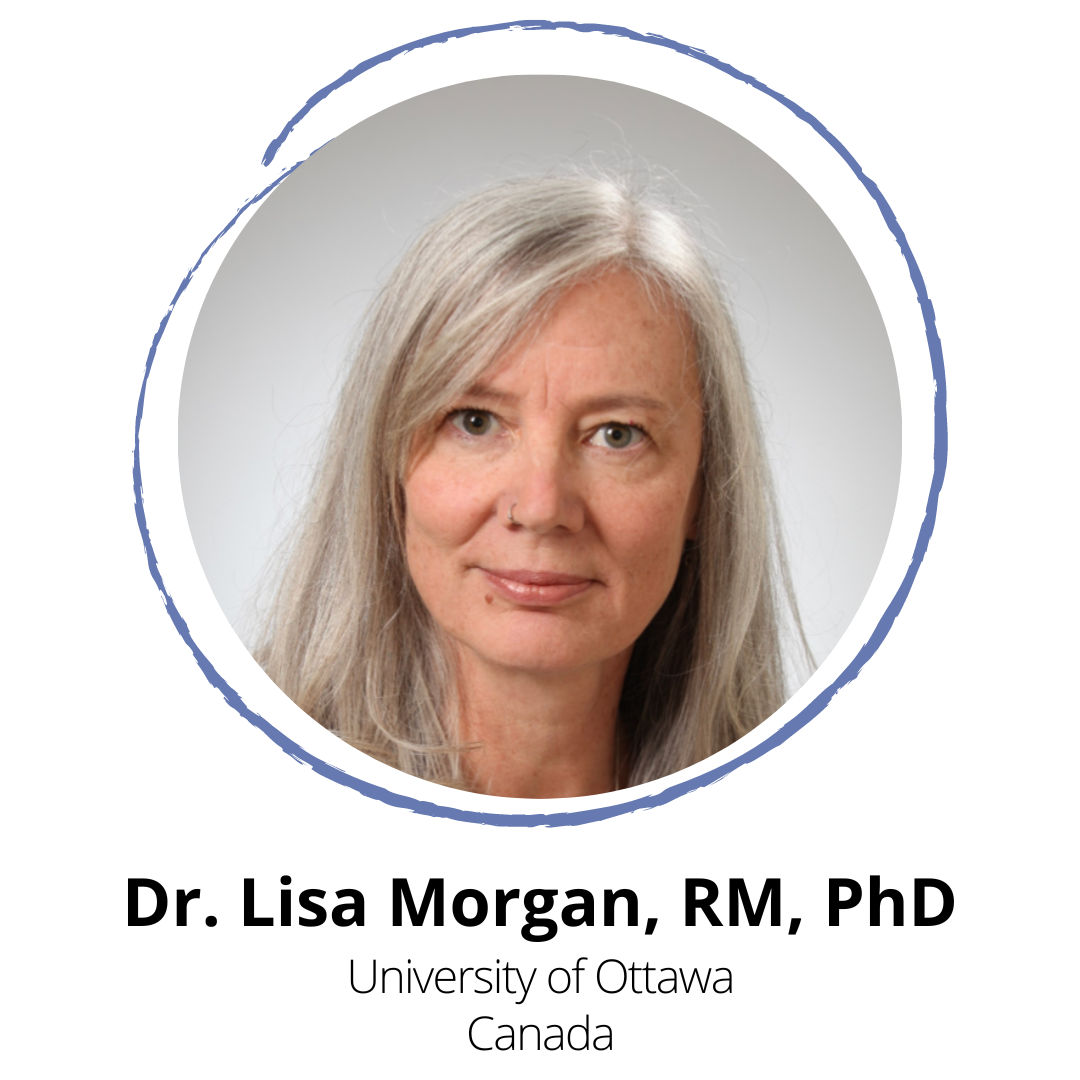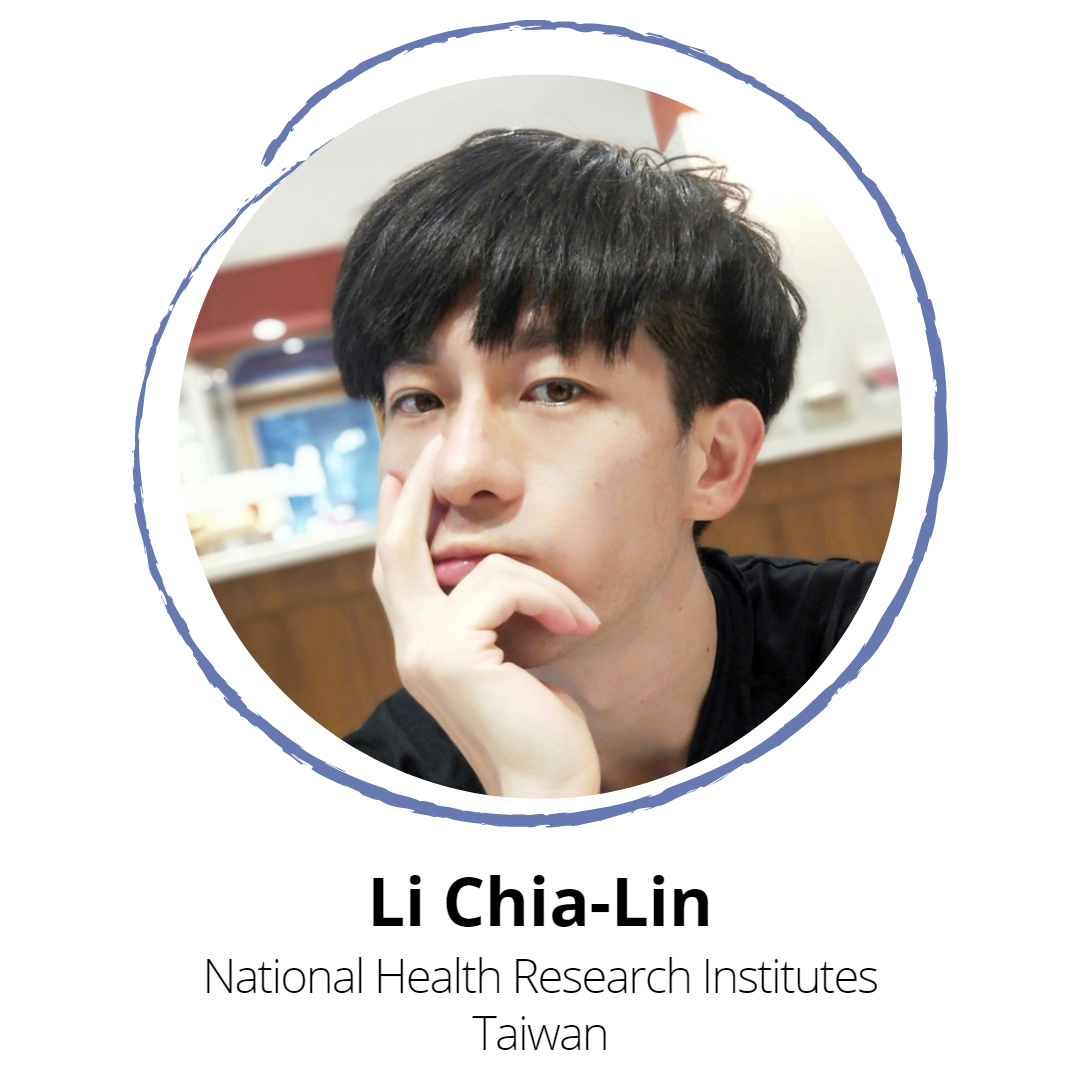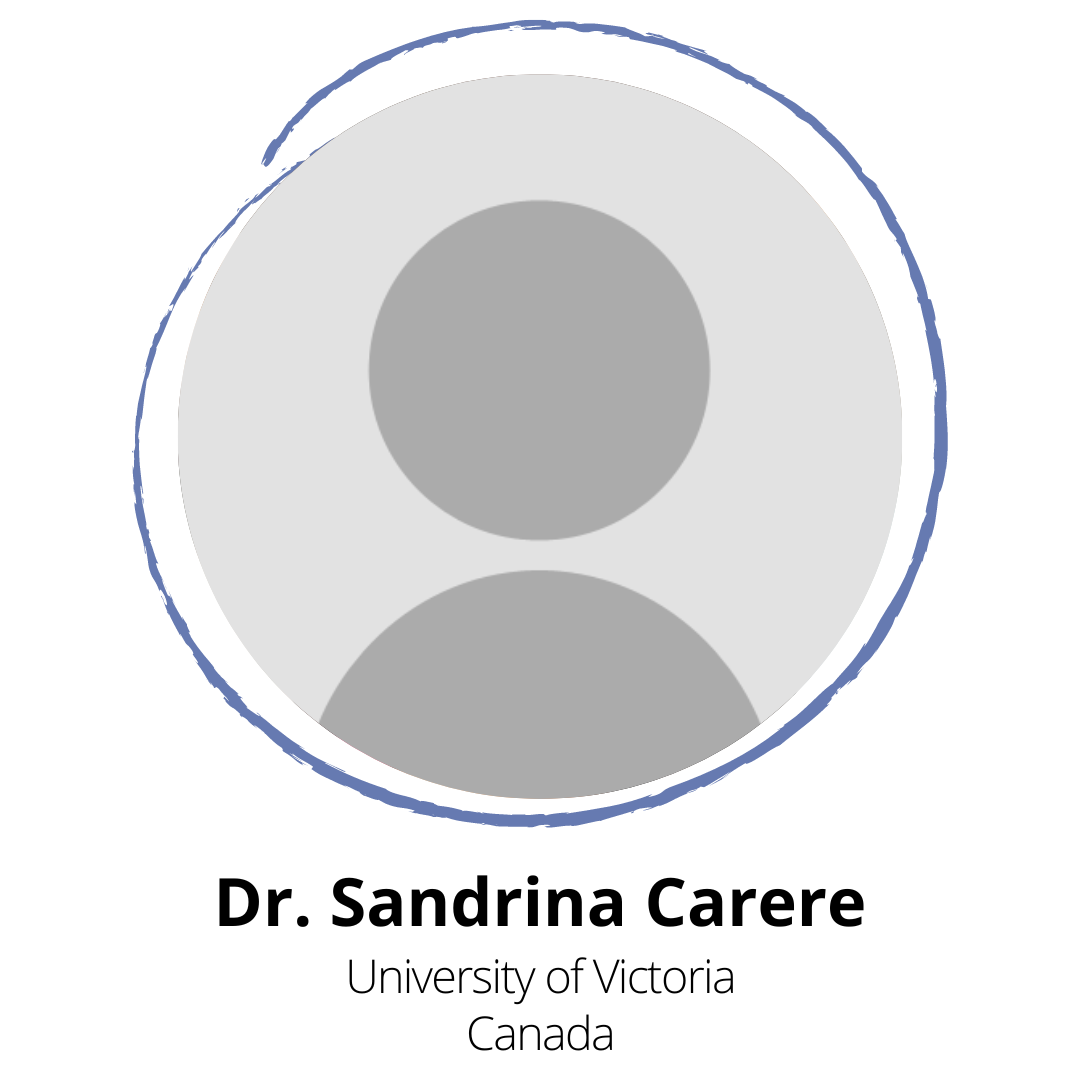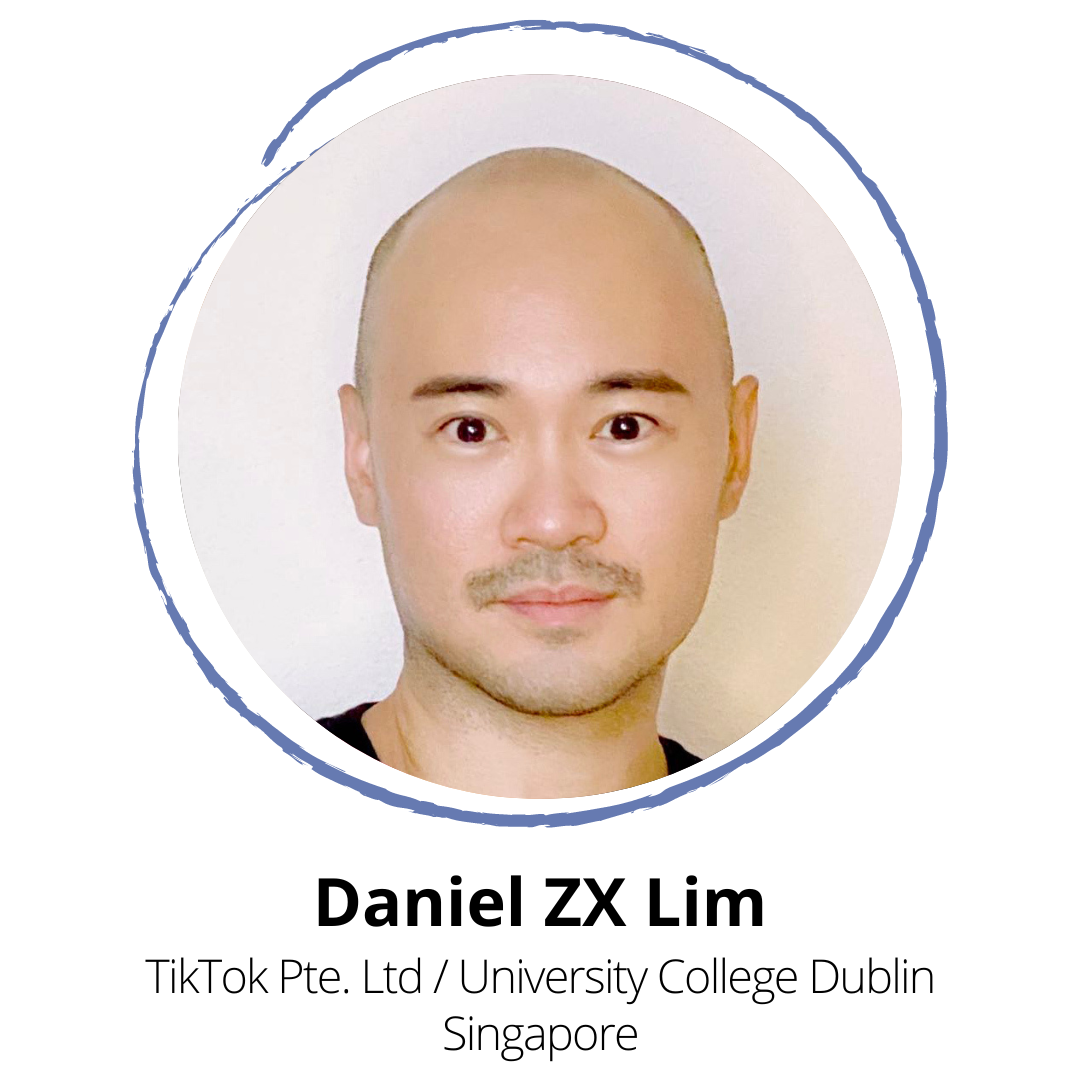KEYNOTE SPEAKERS
Accelerating Trans Economic Empowerment in Thailand and Beyond
In Thailand and beyond, there is an urgent need to accelerate trans economic empowerment and foster inclusive economic growth. Transgender individuals face numerous barriers to accessing equal opportunities in the job market, leading to economic disparities and social exclusion. This presentation aims to highlight the challenges faced by transgender people not only in Thailand but also in a broader context, and explore strategies to accelerate their economic empowerment on a larger scale. By examining the current landscape, we can identify common issues faced by transgender individuals across different regions, such as employment discrimination, limited access to education, training and leadership role, and societal biases. We will delve into the unique experiences and obstacles they encounter, including workplace inequalities, stigma, and lack of legal protections. The presentation will then shift focus to solutions and strategies that can be implemented in Thailand and beyond to accelerate trans economic empowerment. We will explore best practices and success stories, highlighting initiatives that promote inclusive hiring practices, create supportive work environments, and provide targeted resources for transgender individuals to develop their skills and advance their careers into leadership role. By accelerating trans economic empowerment both in Thailand and on a broader scale, we can create a ripple effect of positive change, fostering greater inclusivity and economic prosperity. This presentation aims to inspire dialogue, collaboration, and actionable steps towards creating a world where transgender individuals can fully participate in and benefit from the global economy.
|
Nikki Phinyapincha (she/her) is the founder of TransTalents Consulting Group, empowering LGBTQI+ employees through an ESG and sustainability framework. With expertise in DE&I practices she helps businesses thrive profitably and purposefully. As a former PR director, Nikki is a DE&I speaker advocating for transgender professional leadership globally. She challenges traditional social stigma and drives change in the business community. Nikki chairs the PRCA APAC Pride Network, serves as country director of the ASEAN Youth Advocate Network, and is a recipient of the YSEALI PFP 2022. She was selected as 100 Future List 2023 by Koktail magazine and 300 Gen.T 2023 List by Tatler Asia. Alongside her professional achievements, Nikki is an avid basketball and volleyball player, Spartan Race competitor, and continuously seeks growth through books and podcasts on people and power management and has a network obsessed with growth.
www.transtalentsth.com |
Rediscovering the Forgotten Art of Sacred Sexuality: A Path to Deep Connection and Empowered Intimacy
In a world focused on physical pleasure, the transformative power of sacred sexuality has been overlooked. World renowned relationship coach Kelly Rattanee, will unveil the forgotten art of Sacred Sexuality. Drawing from traditions like Tantra and Taoism, Kelly will guide participants on a journey towards deeper connection and empowered intimacy. The talk explores historical and cultural contexts, nurtures mind-body-spirit connections, and honors divine feminine and masculine energies. Attendees will learn to cultivate presence, intention, and mindfulness for richer experiences, embrace vulnerability and conscious communication, and integrate sacred sexuality into modern relationships. With practical tools and exercises, participants can restore balance, passion, and joy to their intimate lives. Join us at this enlightening session to ignite a profound awakening and open doors to new dimensions of love, pleasure, and spiritual growth.
|
Kelly Rattanee, a solo mother of two beautiful children, stands as a survivor of sex trafficking, now a world renowned sex and relationship coach. She empowers clients, fostering confidence and empowerment in their sexuality, while also being a master healer. Originally from Canada, Kelly now calls Bangkok home, where she is an international speaker on women's empowerment and an advocate for sex workers worldwide. Her journey embodies strength and resilience, transforming adversity into hope and change. As a coach, she guides individuals to reclaim their self-worth and unlock their true potential. Kelly's influence extends beyond her coaching practice, as she captivates audiences with inspiring stories of resilience on stages worldwide. Moreover, she tirelessly fights for the rights and well-being of sex workers, working to break down barriers and promote compassion. In the tapestry of life, Kelly weaves a narrative of triumph, inspiring and empowering through her words, touch, and healing. Her indelible mark on the world continues to grow, leaving a legacy of transformation and empowerment.
|
SPEAKERS
(and more to come)
Decolonising the Female Body
An eponym is a real or fictitious person whose name has given rise to the name of a particular item. In this case, female body parts…. The specialty of Obstetrics and Gynaecology lends itself to eponymy and numerous practitioners have achieved a form of immortality through this process. Their names are enshrined for posterity as designations for various instruments, techniques, disorders, and body parts related to the female anatomy. Although these eponyms are frequently used, information concerning these persons is often lacking. Also, these named parts do not indicate the function or origin of the organ. This talk will explore the names assigned to various female anatomical structures, and their purpose, and suggests renaming these colonised body parts and taking back power from the historically male medical establishment.
|
Lisa Morgan is a midwife, educator, researcher, and reproductive health advocate. Lisa studies the accessibility of sexual health care in low-resource settings. Lisa has written and presented on nutritional counseling skills for health care providers, as well as authored a chapter on the subject in a Midwifery e-book, as well as in international manuals. Lisa has done global consultancy work in Cambodia, the Philippines, Myanmar, Rwanda, Tanzania, South Sudan, and Malawi. Midwifery Education Standards and competencies are of great interest and Lisa has been involved in the authoring of these documents both nationally and internationally. Lisa has enjoyed working with the International Confederation of Midwives (ICM) on coaching midwifery schools to ICM accreditation standards in Laos and Bangladesh.
equanimityconsulting.ca |
How Chemsex (Re-)Shapes Health Concerns and Sexual Repertoires:
Perspectives from Taiwanese Gay Men with Methamphetamine Use Disorder
Chemsex, a subset of sexualized drug use (SDU) among gay, bisexual, and men who have sex with men (GBMSM), has become one of the gravest health concerns worldwide. Meanwhile, from a socio-cultural perspective, chemsex has also broadened gay men's sexual repertoires that lead to new formulations of identity, intimacy, and sexuality in general. With the dual aspects of chemsex taken into account, this research enrolls Taiwanese gay men who engage in chemsex and develop methamphetamine use disorder, and conducts in-depth interviews with them following a semi-structured questionnaire. The research investigates the treatment/healthcare needs of Taiwanese gay men when they face chemsex-related health problems, and further analyzes the role chemsex plays in (re-)shaping their sexuality.
|
Li Chia-Lin, Postdoc Fellow, Center for Neuropsychiatric Research, National Health Research Institutes, Taiwan; Research Development committee member, Taiwan AIDS Nurse Association; Taiwan-UK Sex, Gender and Sexuality Health Research Network research member. His areas of research expertise are socio-cultural dimensions of HIV/AIDS, chemsex, and gender-health.
|
Kinship Rising: Indigenous responses to colonial sexualized violence
The United Nations has alerted the world that western settler countries (such as Canada, the United States and Australia) are facing an “epidemic” of gender-based sexualized violence against Indigenous girls, women, and Two Spirit people. The pathways to sexualized violence are carved into a colonial landscape of dispossession from land, detribalization, and the outlawing of Indigenous knowledge. Indigenous communities urgently need interventions that interrupt the cycle of shaming, dehumanization and objectification that fuels high rates of sexualized violence. Kinship Rising, an Indigenous-led, community-based research study, located in Western Canada on the unceded territories of the Lkwungen and Wsáneć First Nations, is focused on upholding Indigenous teachings for sexual health and wellbeing. Kinship Rising hosts interactive workshops with Elders, knowledge keepers and youth in Indigenous communities. Our workshops use land-based, arts-based materials to explore topics such as the colonial roots of violence, land-based wellbeing and dignity, and Indigenous gender and sexual resurgence. Land-based materials help shift the focus away from externally-imposed colonial interventions, to restoring healing, dignity and relational justice. Kinship Rising utilizes an “all genders" lens that troubles damaging colonial gender binaries. In this presentation, Kinship Rising will share artwork, stories and key project learnings, and discuss the ethics of decolonial research on gendered and sexualized violence. These practices offer a much-needed framework for Indigenous anti-settler violence movements that promote gender and sexual health.
|
Sandrina Carere, PhD, is a professor in Child, Youth, Family and Community Studies in the Faculty of Human and Social Development at the University of Victoria, Victoria, Canada, on the sovereign homelands of the Lekwungen and WSANEC First Peoples. Sandrina is the research lead for Kinship Rising.
kinshiprising.uvic.ca |
Sexuality Under Scrutiny: A Qualitative Discourse on the Deficiencies of Employee Resource Groups in Workplace Discrimination
We seek to expound the purpose and instrumentation of Lesbian, Gay, Bisexual and Transgender Employee Resource Group (LGBT-ERG) in organizations, its relationship with employees, human resource policies and companies, in the face of hegemonic sexuality. With exposure to LGBT-ERG at work, 22 individuals responded to a survey, and 8 participated in a semi-structured, voice-recorded in-depth interview and discussed their experiences with LGBT-ERG, workplace inequality and discrimination. Their views on the provision of equal HR policies and leadership support were also discussed. A wider perspective on the definition and perception of Allies and Allyship was also gathered from an anonymous group discussion. This study seeks to illustrate the deficiencies of LGBT-ERG and recommends companies to prioritize diversity and inclusion efforts in a sustainable and extensive manner, and to revisit the true purpose of having a LGBT-ERG in the organization.
|
Head Policy Ops & Brand Safety Policy BytePride Lead APAC TikTok Over 10 years of people management, policy development, brand safety protection and product growth experience in the Tech industry. Extremely motivated in leading change and conversations on matters related to Trust & Safety, Digital Literacy, Geo-political and socio-economical uplifting initiatives. Firm believer of holistic fitness and well-being.
|
Conference |
Tomorrow PeopleTomorrow People Organization
Dusana Vukasovica 73 11 000 Belgrade Serbia Tel. +381 62 680 683 www.tomorrowpeople.org |






